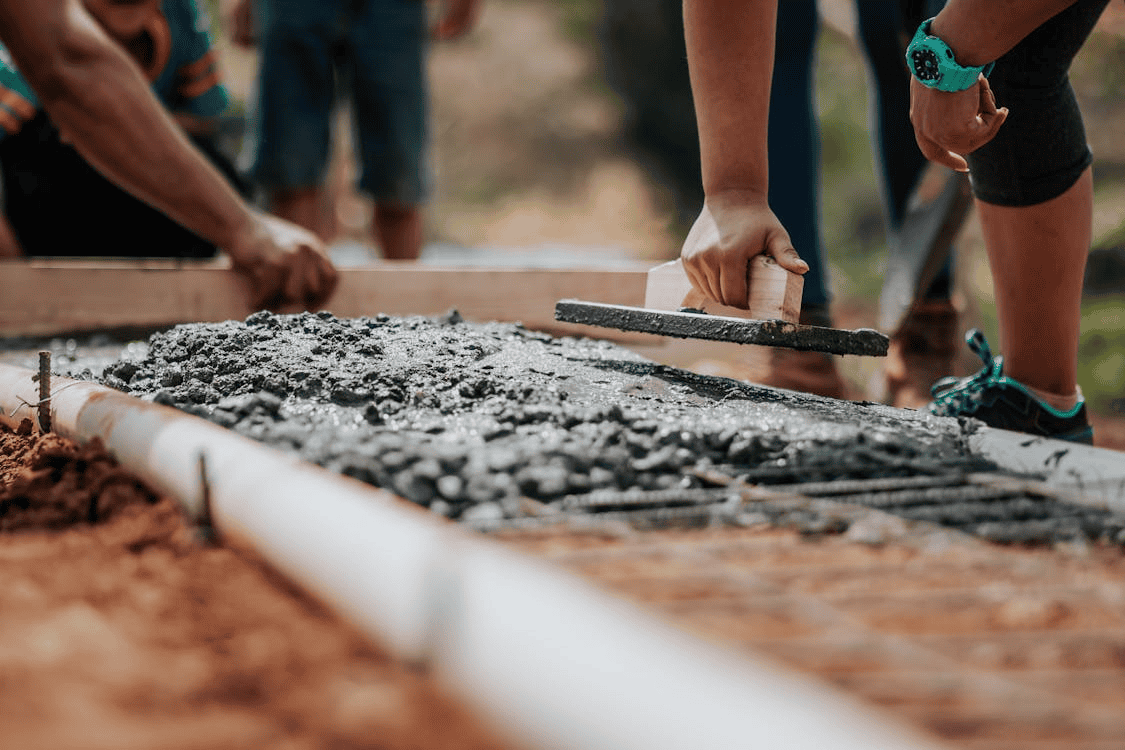You Can’t Learn Experience in a Day
There’s something different about working with a contractor who’s been through it all. They carry themselves differently—not louder, just sharper. You can see it in how they walk a site, how they read the room, and how they ask the right questions before the job even begins.
They’re not just building structures; they’re playing chess in a world where everyone else is playing checkers.
If you’re newer to the game or simply looking to level up, here’s what those seasoned pros know—and what you should too.
1. Planning Beats Hustling, Every Time
Newer contractors often confuse busyness with productivity. The experienced ones? They know that meticulous planning upfront saves weeks of rework later.
Before even quoting a job, they’ve already walked the site twice, noted access points, visualized machinery flow, and accounted for those irritating little delays that tend to pop up like clockwork. Weather? Permits? Supply lags? All noted. Contingency plans drafted.
It’s not magic. It’s just refusing to “figure it out later.”
2. The Money’s in the Margins
Veteran contractors know their margins the way a chef knows his knives. Every line item matters. But what sets them apart is how they defend those margins—ferociously.
They don’t just factor in the obvious—labor, materials, and equipment. They build quotes that actually reflect how a job site works in the real world. That means accounting for tool wear, dead days, and yes, even things like dumpster cost, which too many rookies forget about until the invoice rolls in. One overlooked line item and there goes your profit.
Think of it this way: the cost you ignore today will bill you tomorrow—with interest.
3. Subcontractors Can Make or Break You
Experienced contractors treat their sub relationships like gold. They don’t just chase the lowest bidder—they look for consistency, accountability, and people who get the pace of the job.
If a sub shows up late once, that’s a flag. If they show up without the right tools? Bigger flag. And if they show up needing to be micromanaged? They won’t show up again.
Smart contractors build a team, not just a crew. One they trust enough to hand off parts of the job and know it’ll still be done to spec.
4. The Small Things Are the Big Things
Clean sites. Sharp tools. Organized vans. Daily check-ins. These aren’t just “nice-to-haves”—they’re performance indicators.
You’d be surprised how often sloppy sites lead to missed deadlines, rework, or client complaints. Seasoned contractors know that order breeds speed. And speed, when done right, breeds profit.
So yes, you do stop to sweep the floors. You do double-check the chalk lines. You do spend 20 minutes fixing a cluttered materials zone.
Because if you don’t, you’re going to spend two hours redoing something
5. Communication Is the Real Power Tool
The best contractors aren’t the ones yelling on-site. They’re the ones making calls before issues become emergencies.
They keep the client updated without being asked. They loop in the architect when a detail looks fuzzy. They don’t assume—they ask. And they build trust with every email, text, or quiet conversation around the tailgate.
Being proactive with communication isn’t just professional—it’s profitable.
Build Smarter, Not Just Bigger
Every job is a chance to work smarter than the last. The pros know this isn’t about cutting corners or finding clever hacks. It’s about respecting the craft enough to evolve, constantly.
So if you want to move from contractor to master builder, stop winging it. Pay attention to what the veterans are doing quietly—and then outdo them, one smart move at a time.

